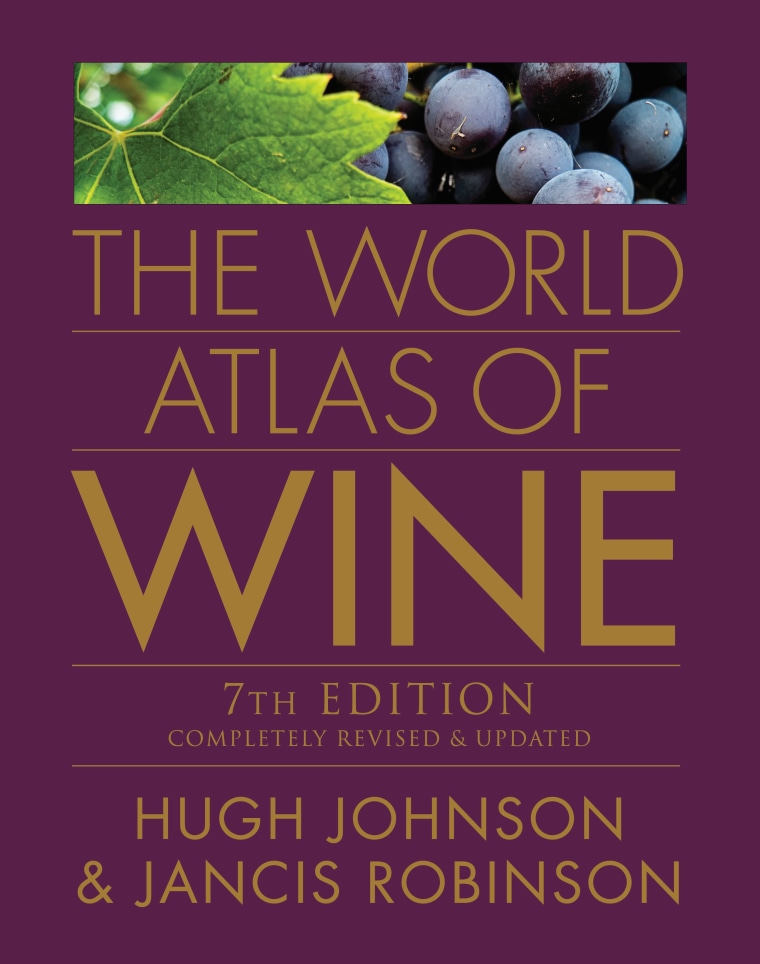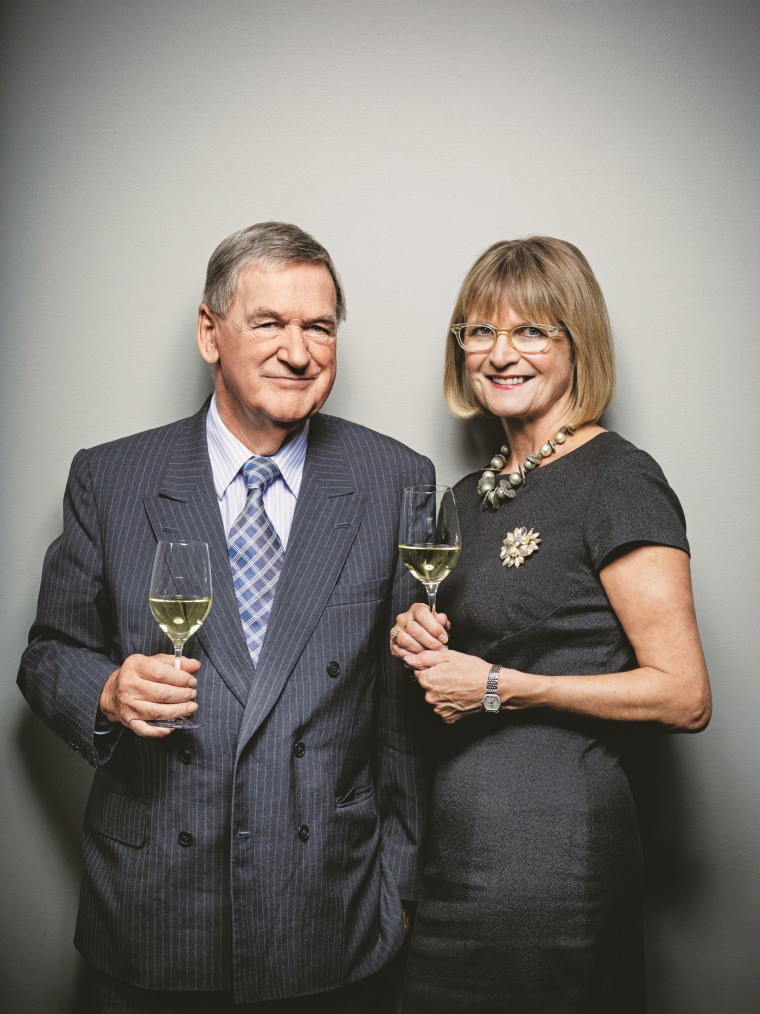Wine is all about place – the geography, geology and climate that give a wine its soul and are keys to understanding why it tastes the way it does. Short of getting on a plane and going to a vineyard to experience this, a landmark new book may be the next best thing.
Actually, the title isn’t so new. “The World Atlas of Wine” has been around for more than four decades; what’s new is the completely updated 7th Edition by Hugh Johnson and Jancis Robinson. The book, published by Mitchell Beazley, will be released Oct. 8 and is perfect for anyone who has a thirst for greater wine knowledge.
You might ask whether a $55 coffee-table reference guide is really necessary these days when you can simply Google a wine or a region.
“Google,” Robinson said via email, “won’t give you value judgments based on a total of 90 years’ wine experience and hundreds of thousands of miles of travel around the world’s wine regions.”
Indeed, there is nothing on the Web, at least under one heading, that begins to approach the depth and detail of “The World Atlas of Wine,” except, perhaps, if you opt for the interactive digital version, which is being offered for the first time and will be available for about half the price.

Don’t expect to find every bottle in your local wine shop listed here. Instead, you’ll get an informed discussion and appraisal (and, of course, a detailed map) of just about every wine region and sub-region in the world, including leading producers. When I asked Robinson about some of the regions that offer today’s best values (by which I mean wines of distinction at reasonable prices), she pointed to Spanish reds, South African white wines, some reds from France’s Languedoc, as well as the Loire Valley and Chile. I would certainly add Italy, with its great variety, to the mix.
In an age when people increasingly want to know the sources of what they consume, the wine world has always been on the forefront of this and “The World Atlas of Wine” helps us understand it right down to the individual vineyard level, if we choose.
“Wine is one of the very few products we can pluck off a shelf or wine list and know precisely which field and person produced it when,” Robinson explained.
Among the important trends, she noted “a perceptible turn away from showing off an excess of winemaking technique – notably heavy-handed oak and excess ripeness – in favor of communicating the particular characteristics of an individual vineyard. The upshot is much more transparent, refreshing wines that truly express geography.”
While those with a serious interest in wine will find that the book speaks their language, novices will have no problem understanding it. In fact, the first 40 pages or so serve as are a wine primer, and as each wine country is introduced throughout the book, there is a useful “language of the label” glossary that explains common wine terms and designations of quality.
Whenever I am asked how I learned about wine, I always point to two key things. First, taste, taste, and then taste some more. For years, I did this mainly by buying mixed cases of wine whenever I could, almost never repeating the wines. Then I made it a point of reading about the ones that intrigued me in a number of good wine books I collected. Chief among them was “The World Atlas of Wine.”
Like a good bottle of wine, you’ll find yourself going back to it again and again.
Edward Deitch is a James Beard Award-winning wine critic. Find many more of his wine reviews and commentary on his blog, Vint-ed.com, and follow him on Twitter.
